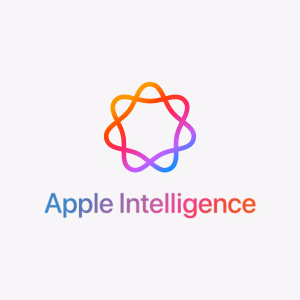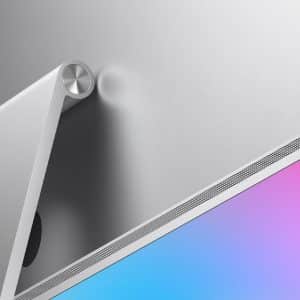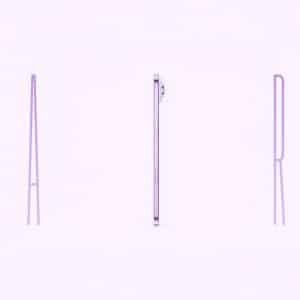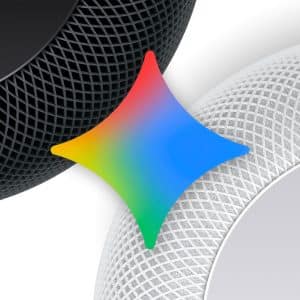Nowadays, it seems like everyone has an Apple device lying around their house.
Whether it’s an iPhone, iPad, MacBook, or HomePod, Apple has infiltrated the homes of billions of consumers around the world, ultimately changing the way we communicate, work, and play.
Apple’s most iconic product is undoubtedly the iPhone, but it was with the Mac where the Cupertino company really cut its teeth.
And whilst it seems that everything Apple touches turns to gold (the ideas of the iPad and Apple Watch were panned before release, but went on to become the biggest products in their category), not everything does. Let’s look back at some of Apple’s biggest product failures over the years that you may have forgotten about.
Apple Newton
Announced in 1993, Apple Newton was a personal digital assistant that offered a unique handwriting feature, turning our script into text for messages and email – think of it as an early Apple Pencil.
Priced at $699 in the United States, the Newton was pitched to busy professionals, but ultimately it struggled to catch on, and problems with its handwriting recognition meant that Steve Jobs pulled the plug on the concept just five years later.
Apple Pippin
Apple may be trying to win over the Xbox crowd today with Apple Arcade, but its first attempt to dominate the gaming market was a little different.
Apple launched Pippin a state-of-the-art games console back in the 1990s, priced at $600 with an unlimited internet package. The Nintendo 64 and PlayStation, on the other hand, were sold for around $299 – half the price of Apple’s console.
The device ultimately failed – less than 50,000 units were sold in the US, and the product was discontinued.
With an upcoming AR/VR headset on the way, Apple will no doubt return to the gaming sphere soon, albeit in a different form factor. We can’t wait!
Apple III
Launched 40 years ago, Apple III was the successor to the Apple II, one of the world’s most successful personal computing devices in the 1980s. Though designed to further enhance the computing experience, Apple struggled with the release of the III after the first 15,000 units ran into stability issues.
Although the company eventually updated the computer and released it, the damage was already done – the III’s reputation ruined. Apple launched the Apple III Plus in December 1983, costing US$2,995, which came with a built-in clock, video interlacing, standardized rear port connectors, 55-watt power supply, 256 kB of RAM as standard, and a redesigned keyboard, but this too was short-lived and ultimately replaced.
iMac Hockey Puck Mouse
One of Apple’s most controversial products of all time was the Hockey Puck mouse, which was released alongside the Bondi Blue iMac G3 in 1998.
The mouse, the first since Steve Jobs’ return to Apple in the 90s, featured a short cord and was panned by critics because it was difficult to use. It was ultimately discontinued in 2000, just two years on from its launch, and today, the mouse sells on eBay as a collectors’ item for $20; hardly a worthy investment!
AirPower
One of Apple’s most recent product failures was AirPower, a wireless charging mat that was teased back in 2017 and never went in sale.
After two years of impatience from Apple fans, the company announced in 2019 that the device wasn’t going to work and that development had been paused. It has since been reported by reliable Apple analyst Ming-Chi Kuo that the company was working on a small wireless charging pad for release before the end of 2020.
iTunes Ping

Apple has tried several times to create a social network on its platform and was once even considering buying Twitter. Ping was one of its first attempts, designed to connect users to their friends’ music collections. Ping should have integrated with Facebook and Twitter, as early release notes suggested, but the final product was stripped-back and required you to find your friends manually. You could also follow celebrities and see exclusive posts from them, but the service – which lived inside of iTunes on the Mac – ultimately didn’t catch on.
How many of these do you remember? Let us know and check back soon for more.











